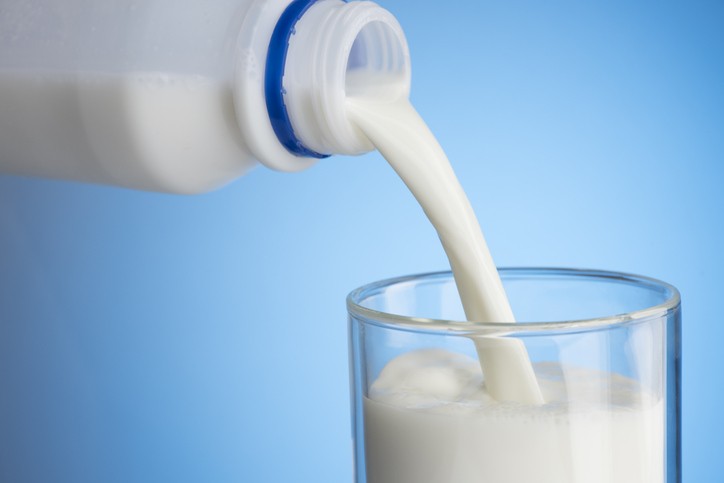
Last week, the Wisconsin state assembly introduced a joint resolution that called out the Healthy, Hunger-Free Kids Act of 2010 for limiting the USDA’s flexibility in offering more milk options within the National School Lunch Program.
The resolution said consumption of milk has “rapidly declined in public schools” since the passage of that act, partly due to a lack of variety in the National School Lunch Program. A waiver was enacted in 2017 to allow low-fat 1% flavored milk as an option, though the dairy industry considers it important for kids to consume more whole milk.
“Current evidence shows that the intake of dairy products, like milk, cheese, and yogurt, is associated with a reduced risk of both cardiovascular disease and type 2 diabetes and with lower blood pressure in adults,” the resolution said.
“According to a study published in Lancet in 2018, a total intake of two or more servings of full-fat dairy food was associated with a 22% lower risk of heart disease, a 34% lower risk of stroke, and a 23% lower risk of death from cardiovascular disease”
The Wisconsin state assembly then praised the Whole Milk for Healthy Kids Act that was introduced on January 29, 2019, designed to “expand on the USDA rule by allowing whole milk (both flavored and unflavored) to be offered within the National School Lunch Program.”
It referred to Wisconsin as ‘America’s Dairyland’ despite a five-year downturn in both milk prices and number of operating dairy farms, as nearly 700 local Wisconsin farms shuttered in 2018.
“The Wisconsin State Legislature should do everything in its power to support this industry that is so vital to the economy and culture of our beloved state,” it said, emphasizing that the assembly “strongly encourages all efforts to increase consumption of milk, up to and including whole flavored milk, among America’s youth.”
The Dairy Business Association (DBA) reacted favorably to the assembly’s announcement, calling it ‘terrific’ to see state representatives support the health of Wisconsin’s kids and the livelihoods of local farmers.
Tom Crave, president of the DBA, said, “Dairy farmers in Wisconsin produce nutritious, wholesome milk that’s second to none in the world, and we do it more efficiently than ever before. Unfortunately, the consumption of milk is in decline and the prices farmers are receiving for it remain low.”
“Providing more varieties in our schools will be good for our businesses and, just as important, good for our children. The Dairy Business Association is proud to have worked with lawmakers on this effort and we urge the state Senate to show its support as well.”























